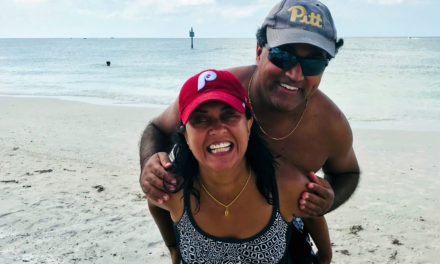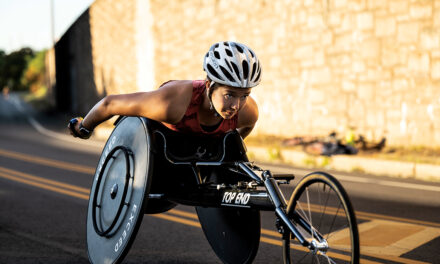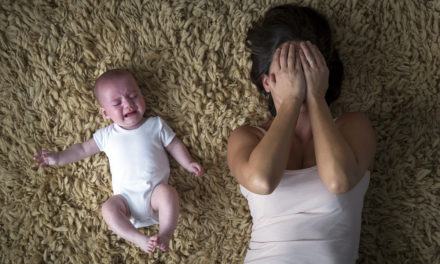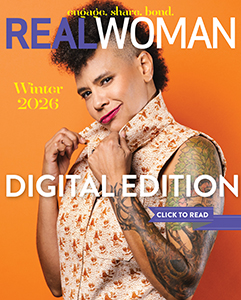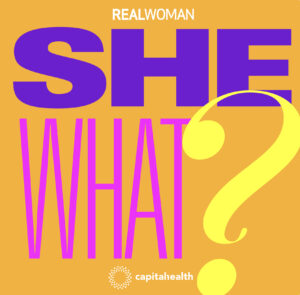For me, it happened in a crowded bar, the summer after my freshman year of college. I was out with friends, drinking on a dance floor, when I felt his hand move quickly, aggressively, from the small of my back to the front of my tight black pants. I jerked away, brushed it off as no big deal, and haven’t given the moment a thought since.
Until last week.
When Donald Trump’s hot mic Access Hollywood recording from 2005 was released by the Washington Post and shot like a bullet across every form of media, so many of us were left slack-jawed. The crude comments he made to host Billy Bush about co-host Nancy O’Dell and Days of Our Lives actress Arianne Zucker were demoralizing. But what Trump said about his treatment of women generally—that he can grab them or kiss them without asking because he’s a star—left me, for one, more than a little nauseous.
Yet for so many of us, the fall-out from hearing those lewd remarks happened on a whole other level. As we saw in the days and weeks following the public airing of the tape, women from all walks of life were flooded with memories of being violated themselves—at a bar, in a subway, in their offices, and even in their own homes. Just days later, a hashtag was created by author and social media guru Kelly Oxford on Twitter—#notokay—under which women were tweeting recollections of painful and vivid memories of being touched inappropriately.
Oxford tweeted: women have tweeted me sexual assault stories for 14 hours straight. Minimum 50 per minute. harrowing. do not ignore.#notokay
Harrowing seemed like the right word. By Sunday, I was still feeling unsettled, and after watching the presidential debate that night, I felt anxious and overwhelmed. I had a hard time sleeping that night and a stomachache the next morning. I chalked it up to general frustration over the ugly tenor of the debate (though they could be related to the spontaneous front kicks and air-punches I unleased in my apartment when Trump referred to this as just “locker room talk”).
Yet, what I’ve come to realize is that my reaction was about more than just election anxiety, which it turns out many Americans feel. (A recent American Psychological Association survey found that 52 percent of Americans say the election “is a very or somewhat significant” source of stress in their lives; a Gallup poll reported 51 percent of adults said they “were afraid of the election outcome;” and a Washington Post/ABC News poll found that 70 percent said a Trump win would make them “anxious.”)
But my internal angst and anger was a direct result of how personal it felt. And trust me, I realize that what happened to me that summer is minor compared to what so many other women have faced.
@kellyoxford senior in college, w/friends in Vegas. Drugged & dragged to a strangers hotel. Dumped by fiancé because he blamed me #notokay
You know it’s #NotOkay when you have so many stories of harassment that you can’t decide which one to tweet under 140 characters
 But then, last week, Michelle Obama gave a speech on the campaign trail that named exactly what was simmering inside so many of us: “I feel it so personally,” she said, her voice quivering, referring to Trump’s comments on that bus. “The shameful comments about our bodies. The disrespect of our ambitions and intellect. The belief that you can do anything you want to a woman. It is cruel. It is frightening. And the truth is, it hurts. It hurts.”
But then, last week, Michelle Obama gave a speech on the campaign trail that named exactly what was simmering inside so many of us: “I feel it so personally,” she said, her voice quivering, referring to Trump’s comments on that bus. “The shameful comments about our bodies. The disrespect of our ambitions and intellect. The belief that you can do anything you want to a woman. It is cruel. It is frightening. And the truth is, it hurts. It hurts.”
So, what do you do if you were on the receiving end of “wrong” at some point in your life? What do you do if merely watching CNN fills you with anger and rage? How do you stop feeling all of this so personally?
I’m sure there’s a clinical recommendation to help us through our collective pain and individual PTSD from having memories we buried long ago exhumed during this election. But for me, this is my plan: I’m going to turn off the TV. I’m going to stop checking fivethirtyeight’s poll tracker every 15 minutes. I’m going to spend the next 3 weeks diving into work and taking more yoga classes. I’m going to keep talking to my girlfriends about the ways I’ve felt objectified and violated as a woman and listen to their stories, too.
And when it’s all over and I’m able to stumble out of this election stupor, I’ll feel even more grateful for being part of a generation of women who understand that our bodies are our own and roundly reject the preposterous notion that our appearance is even up for discussion.



